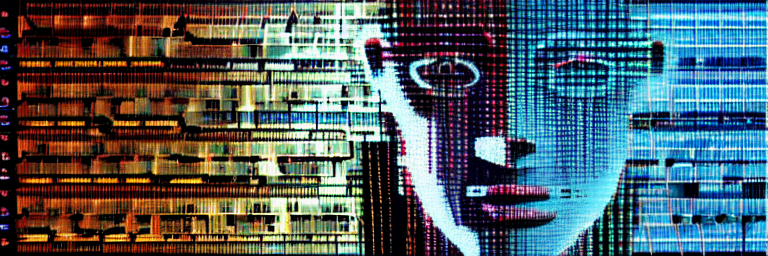In recent years, the field of artificial intelligence (AI) has witnessed remarkable advancements, leading to the emergence of intelligent systems known as AI agents. These agents are designed to perceive their environment, reason about it, and take appropriate actions to accomplish specific goals. From virtual personal assistants to autonomous vehicles, they are revolutionizing various industries, providing innovative solutions and transforming the way we interact with technology. In this blog post, we will delve into the world of AI agents, exploring their applications across different domains and discussing essential considerations for their development and deployment.
Understanding AI Agents
AI agents are software or hardware entities that operate autonomously or semi-autonomously to interact with their environment. They utilize machine learning algorithms, natural language processing, computer vision, and other AI techniques to analyze data, learn from it, and make informed decisions. These agents can range from simple chatbots and recommendation systems to sophisticated autonomous robots capable of performing complex tasks.
Applications
- Virtual Personal Assistants: Virtual personal assistants like Siri, Google Assistant, and Alexa have become an integral part of our daily lives. These AI agents leverage natural language processing and machine learning algorithms to understand user commands, provide information, schedule appointments, and control smart home devices.
- Autonomous Vehicles: Self-driving cars represent one of the most significant applications of AI agents. These agents combine sensors, cameras, and machine learning algorithms to perceive the environment, make real-time decisions, and navigate safely on the road. They have the potential to enhance road safety, reduce traffic congestion, and revolutionize transportation.
- Customer Service Chatbots: AI agents are increasingly being deployed as chatbots to handle customer queries and provide support. These chatbots leverage natural language processing and machine learning techniques to understand user inquiries, offer relevant responses, and assist with common issues. They can significantly improve customer service efficiency and provide round-the-clock assistance.
- Healthcare Diagnostics: These agents are transforming healthcare by assisting in disease diagnosis and medical image analysis. With the ability to process vast amounts of medical data, they can help doctors identify patterns, detect abnormalities, and provide more accurate diagnoses. They hold the potential to enhance medical decision-making and improve patient outcomes.
- Financial Trading: AI agents are extensively used in algorithmic trading, where they analyze financial data, predict market trends, and execute trades automatically. They can process vast amounts of data in real-time, identify patterns, and make rapid trading decisions, leading to improved investment strategies and reduced human error.
Essential Considerations for AI Agent Development
- Ethical and Responsible Use: Developers and organizations must ensure that AI agents are designed and deployed ethically and responsibly. This includes considerations such as privacy protection, transparency in decision-making, avoiding biased outcomes, and addressing potential risks associated with AI technologies.
- Data Privacy and Security: AI agents rely on vast amounts of data for training and decision-making. It is crucial to handle this data securely, ensuring privacy protection and complying with data protection regulations. Organizations must implement robust security measures to safeguard sensitive information from unauthorized access.
- Transparency and Explainability: AI agents should be designed in a way that allows users to understand how they make decisions. Transparent and explainable AI is crucial, especially in domains such as healthcare and autonomous vehicles, where the consequences of their decisions can have significant impacts on human lives.
- Continuous Learning and Adaptation: AI agents should be capable of continuous learning and adaptation to improve their performance over time. By incorporating feedback loops and mechanisms for updating models, agents can keep up with evolving environments and user needs.
- Human-AI Collaboration: Instead of replacing human workers, AI agents should be seen as tools for enhancing human capabilities and productivity. It is important to consider how these agents can collaborate effectively with humans, taking into account user experience, user interfaces, and providing support in decision-making processes.
Conclusion
The world of AI agents holds immense potential across various industries and domains. From personal assistants to autonomous vehicles, these intelligent systems are reshaping the way we live and work. However, the development and deployment of these agents must be accompanied by careful considerations regarding ethics, transparency, data privacy, and human-AI collaboration. By addressing these essential considerations, we can ensure the responsible and beneficial integration of AI agents into our daily lives, unlocking their true potential for a better future.

